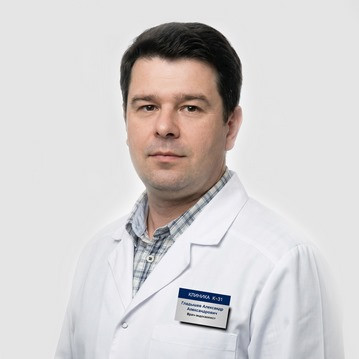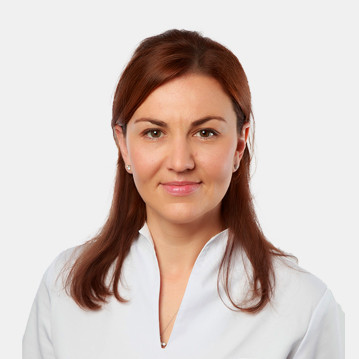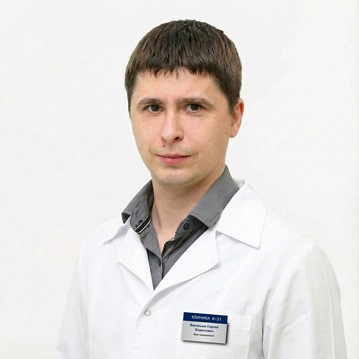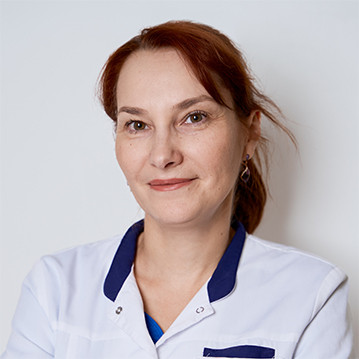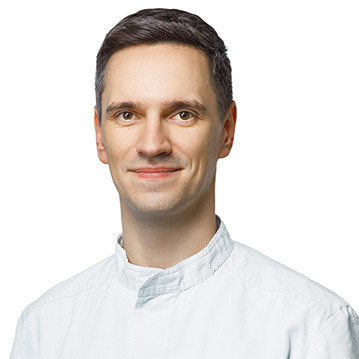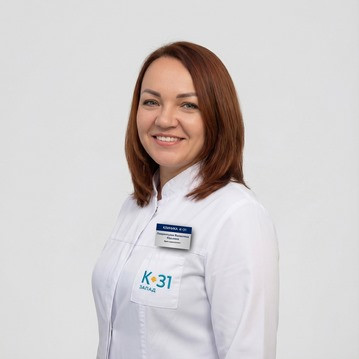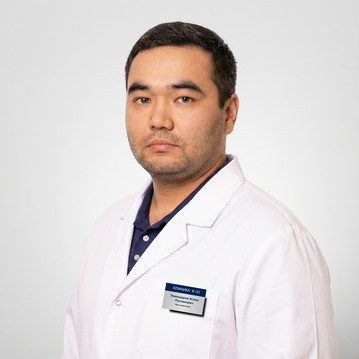Endoscopy remains one of the most informative methods of modern diagnostics. The versatility of the procedure allows you to assess the state of various internal organs and tissues. Most often it is performed for the purpose of examining the gastrointestinal tract. Endoscopy of the stomach or intestines, performed with modern and high-precision equipment, can help to timely detect gastrointestinal pathologies at an early stage of their development.
How is bowel endoscopy performed?
The procedure involves the introduction of a thin probe with a microscopic probe. It is a tiny camera that displays a detailed, accurate image on a computer monitor. Specialists visually assess the condition of the mucosal walls, they can accurately indicate the localization of erosions or neoplasms found during endoscopy. If an ultrasound probe located in the endoscope is inserted into the esophagus and other parts, this type of examination is called gastric endosonography.
The use of an endoscope refers to minimally invasive methods of treatment and examination. Gastric endoscopy can be performed both as a diagnostic procedure and as a method of surgical treatment. The introduction of an endoscope is possible at all levels of the gastrointestinal tract - both through the oral opening and the anus. Intestinal endoscopy can be performed to evaluate any area. During the procedure, together with the introduction of the endoscope, it is possible to carry out mini operations with small incisions.
Benefits of gastric and intestinal endoscopy:
- Combination of diagnosis and surgical treatment.
- Detailed visualization of organs and tissues.
- A procedure that does not take a long time to complete.
- Gastric/intestinal endosonography is performed without pain.
- Minimally invasive technique - does not require opening the abdominal cavity.
- Low-traumatic research method.
- Affordable cost.
In what cases is intestinal endoscopy indicated?
The attending physician may prescribe gastric endosonography, depending on the results to be obtained.
Study. This diagnosis is prescribed according to the patient's complaints, general symptoms and initial consultation with a specialist. If the patient complains of bloating, flatulence, morning sickness, heartburn, painful and difficult swallowing, belching, then an endoscopy of the stomach or other organs of the gastrointestinal tract is performed in the clinic in order to establish the cause of this condition. Another reason for performing bowel endoscopy is the ability to use an ultrasound probe to assess the condition of nearby organs. For example, get more accurate information about the work and condition of the pancreas.
Confirmation of the diagnosis. Gastric endoscopy can be combined with biopsy. Part of the epithelium is scraped off the mucous membrane or from the surface of the neoplasm in order to confirm or refute the diagnosis associated with cancer.
Therapy. The use of endoscopy can be used directly as a method of treatment. In this case, the procedure is carried out not as a diagnosis, but as a method of minimally invasive removal of polyps in the intestine, cauterization of erosion and reduction of local bleeding.



